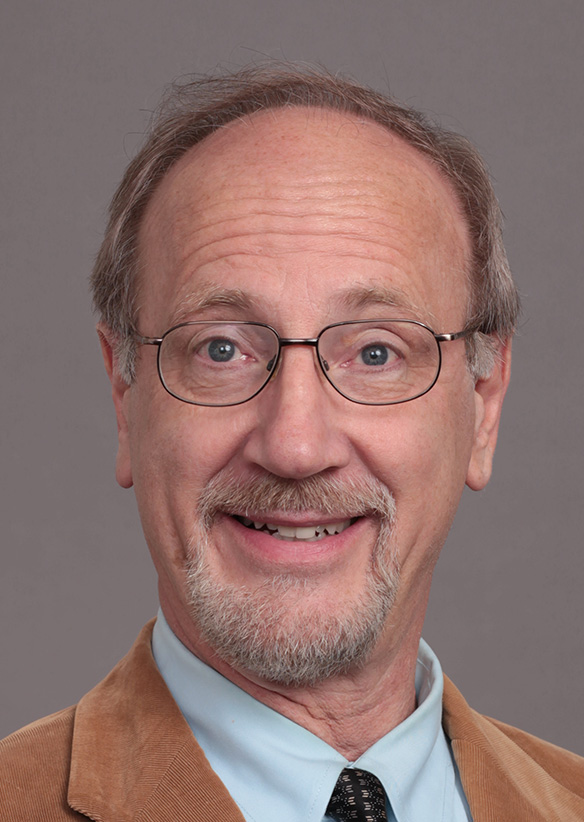The Missouri Synod will have a convention this summer, and that raises an important question. The question that hits me and should be on the mind of everyone in the Missouri Synod is this: What is the future of the Missouri Synod in the United States? And that is part of a larger question: What is the future of confessional Lutheranism in the United States? There are other Lutheran church bodies working in the U.S., and that second question also pertains to them as well. Here I will focus on the first question with an eye toward the second question.
Right now, the future of the Missouri Synod in the U.S. does not look very promising. Our numbers are down. I remember when our total number was at 3 million, but now it is at 1.7 million. And we all know that typically at least 50% of a total number is inactive. So the real number is probably more like 800,000 active Missouri Synod Lutherans. Our number of congregations is down from 6000 to 5700. I heard that 25% of our congregations worship fewer than 25 persons on an average Sunday. (If that is inaccurate, I am happy to stand corrected.) We are facing a huge clergy shortage and teacher shortage and church worker shortage, and it will get worse if the present trends continue. The makeup of the Missouri Synod is getting older and grayer. The future of the Missouri Synod in the United States does not look very promising.
The current Synodical demographics do not correspond well with today’s demographics in the United States. The Synod is fairly strong in the middle of the country, but most of the country lives on the two coasts and in the South. Synodical congregations and schools are generally located in suburbia and small towns, but 50% of the United States lives in crowded urban areas. The Synod can fairly be described as middle class, but a lot of the country is lower income. Most of our members are of Germanic or Norwegian ancestry, but today 20% of the country is Latino, 12% is African American, 7% is Asian American, and many other ethnic people groups.
We are a small shrinking church body, and there is a mismatch between our Synodical demographics and the country’s demographics. Given the current status quo, the future of the Missouri Synod does not look good. What does this mean? It means that instead of resignation the people of the Missouri Synod should put on their expansionistic glasses and think in innovative ways about how to expand our presence, how to bring confessional Lutheranism to the masses of people throughout the United States according to today’s demographics. There is nothing sinful about being middle class and of Germanic or Norwegian heritage. But the good people of the Missouri Synod do need to ask how to reach Americans of lower income and in urban areas and people of different ethnic backgrounds. And the good people of the Missouri Synod cannot expect the clergy to do all the work. The laypeople have to step up and take some ownership of the future of the Missouri Synod in the United States. The rank-and-file Missouri Synod Lutherans have to put on their expansionistic glasses.
Here we need to think theologically. Confessional Lutheranism is simply about the preservation and spread of orthodox Christianity, nothing more. The mission is about bringing the pure marks of Christ’s one, holy, catholic, and apostolic Church to the masses of people in the United States: the pure gospel regularly preached, baptism taught and practiced according the Scriptures, the Lord’s Supper taught and practiced according to the Scriptures, the Sacred Scriptures including all 66 books taught in their truth and purity, and the Trinitarian Faith as confessed rightly by the ancient ecumenical creeds.
It seems to me that the people of the Missouri Synod gathered in convention this summer should be continually engaged in the question of expanding. We all need more confidence in the causative power of the pure gospel, the causative power of baptism and the Lord’s Supper, the causative power of the Scriptures, the causative power of the creedal Faith to produce hearers who love the pure gospel, who love baptism and the Lord’s Supper, who love the Scriptures, who love the one true Trinitarian Faith. We all need more confidence in the causative power of the Holy Spirit through the Word to work on the hearts and minds and lives of all kinds of people today in the United States living in different places and of different income levels and with different ethnic backgrounds.
Certainly, the United States today presents an extremely challenging and complicated context for the Missouri Synod and in fact for all confessional Lutherans. Nevertheless, the people of the Synod should reject resignation to our shrinking status quo. Now is not the time for hunkering down and circling the wagons. The people of the Missouri Synod in convention this summer instead should put on their expansionistic glasses and ask how to bring the truth of God to the masses of the United States according to today’s demographics with confidence in the causative power of the Word.
Frankly, we adults can learn from the Sunday School kids. The Sunday School kids have it right: “This little gospel light of mine, I’m going to let it shine. Hide it under a bushel? No! Hide it under a bushel? No! I’m going to let it shine. Let it shine all the time (and everywhere), let it shine.



Leave a Reply
You must be logged in to post a comment.